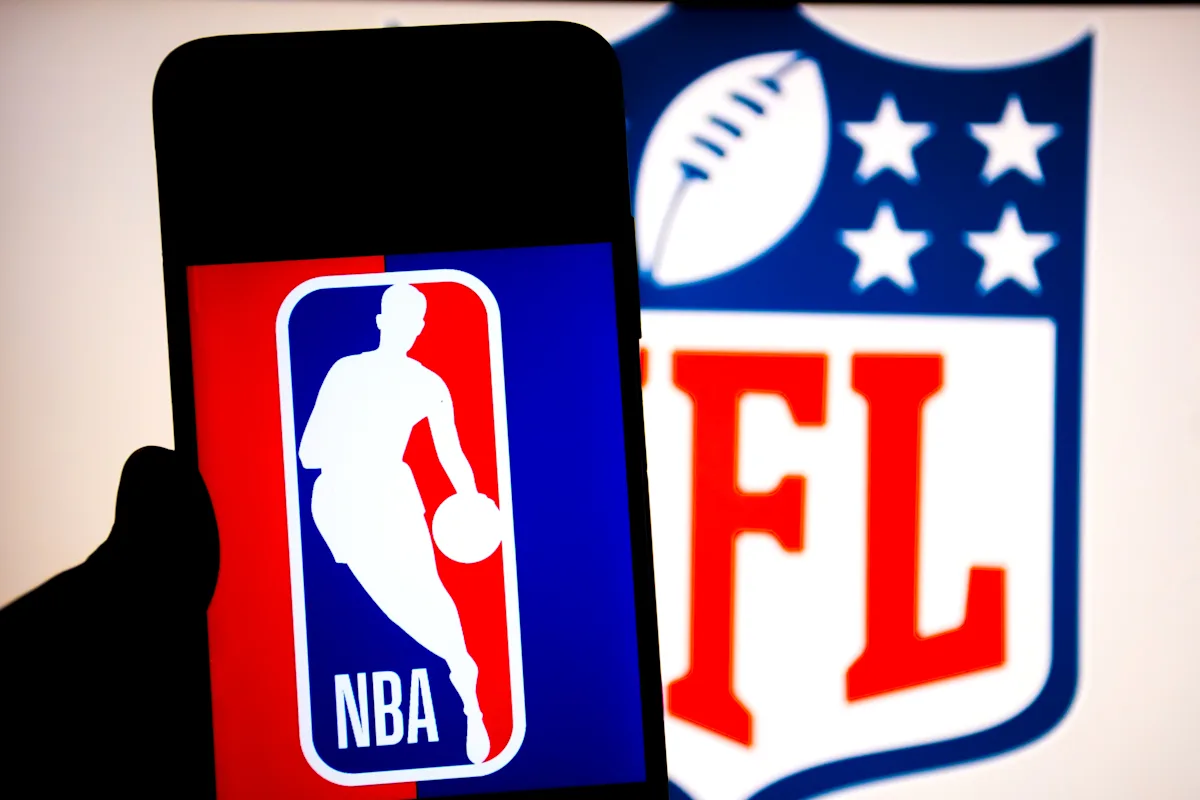
House Judiciary Committee requests briefings from NFL, NBA, NHL and MLB commissioners on broadcast blackouts
How did your country report this? Share your view in the comments.
Diverging Reports Breakdown
House Judiciary Committee requests briefings from NFL, NBA, NHL and MLB commissioners on broadcast blackouts
The House Judiciary Committee has requested briefings with the commissioners of four of the U.S.’s main professional leagues. The committee plans to discuss the Sports Broadcasting Act (SBA), a law that gives sports leagues an antitrust exemption for broadcasting games on network television. The SBA, which was passed in 1961, was originally passed to help the NFL organize its broadcast rights as a collective, streamlining the process. The act also includes a “blackout” exemption, which allows leagues to prevent broadcasting certain games within certain areas of the country when that area’s team is playing a home game at the same time. But, as the committee points out in the letters: “In the 64 years since the SBA was first enacted, the sports broadcasting market has changed considerably” The NFL put shockwaves through that landscape last week, following reports of a deal that would send the NFL’s media assets, including RedZone, to ESPN. It is unclear why the House did not involve the MLS, the WNBA, or the NWSL.
In a statement released Monday, the Judiciary Committee included the letters sent out to each of the four commissioners: Adam Silver (NBA), Roger Goodell (NFL), Gary Bettman (NHL) and Rob Manfred (MLB). Per the statement, the committee plans to meet with the commissioners to discuss the Sports Broadcasting Act (SBA), a law that gives sports leagues an antitrust exemption for broadcasting games on network television.
Advertisement
Advertisement Advertisement
The SBA, which was passed in 1961, was originally passed in order to help the NFL organize its broadcast rights as a collective, streamlining the process. The act also includes a “blackout” exemption, which allows leagues to prevent broadcasting certain games within certain areas of the country when that area’s team is playing a home game at the same time.
[Join or create a Yahoo Fantasy Football league for the 2025 NFL season]
But now, per the statement, the House is looking into “the sufficiency of existing law” in terms of the current broadcast landscape.
“The current state of the sports broadcasting market has changed considerably since the 1960s. The majority of sports viewership now occurs outside of traditional network broadcasting,” the committee writes in the statement. “As a result, most of the distribution agreements that a sports league enters into are subject to antitrust challenges, while a narrow subset are not, creating legal uncertainty, distorting the market, and effectively expanding the blind spot for potential antitrust violations.”
In the commissioners’ letters, the committee is more clear about the potential future of the law: “Recent antitrust cases have raised important questions about whether the SBA should be modified or repealed as a result.”
Advertisement
Advertisement Advertisement
The request was made by two Republican representatives: Jim Jordan (R-Ohio), the House Judiciary Committee Chairman, and Scott Fitzgerald (R-Wis.), the chairman of the Subcommittee on the Administrative State, Regulatory Reform, and Antitrust. Two Democratic representatives, Jamie Raskin (D-Md.) and Jerry Nadler (D-N.Y.) were also named in the letters; both are ranking members of the Judiciary Committee.
In the letters, the committee requests that the commissioners speak on their individual league’s “participation in the sports broadcasting market and related matters.” Silver, Goodell, Bettman and Manfred are asked to arrange for the briefing before Aug. 25.
What’s the current state of the sports broadcast landscape in the U.S.?
With the committee hinting that the SBA could be changed, it raises questions about where the future of the sports broadcasting landscape will go. But, as the committee points out in the letters: “In the 64 years since the SBA was first enacted, the sports broadcasting market has changed considerably.”
Advertisement
Advertisement Advertisement
All four of the leagues involved operate with similar models when it comes to broadcasting, where specific markets and channels negotiate rights to individual teams. Streaming services are also in play, whether on services directly connected to broadcast giants (Peacock, Paramount+, etc.) or standalone, like Netflix’s recent push into the live sports market.
Outside of that, the leagues have internal streaming services where fans can pay to watch all of the league’s games, outside of blackouts — NFL+, NBA League Pass, MLB.TV. (NHL does not have that same equivalent, but out-of-market games are available to ESPN+ subscribers.)
But the NFL put shockwaves through that landscape last week, following reports of a deal that would send the NFL’s media assets, including RedZone, to ESPN. The deal, which will potentially give the league as much as 10% equity in ESPN, erases some of the lines that used to hold between the leagues and their broadcast partners.
The fact that the committee is calling to these commissioners 10 days after that deal was reported does not feel like coincidence, though much of the House’s concerns seem to be focused on the rise of streaming and the excess of options for consumers.
Advertisement
Advertisement Advertisement
Sports broadcasting rules are something that Congress has been focused on in the past: In a Senate hearing in May on the transition from broadcast television to streaming, Texas Sen. Ted Cruz said that the NFL has “tiptoed up to” the limits of the SBA.
Notably, the committee did not call on the commissioners of MLS, the WNBA or the NWSL, three of the other major U.S. sports leagues. It is unclear why the House did not involve those leagues, though they do have smaller viewership than the other four.
